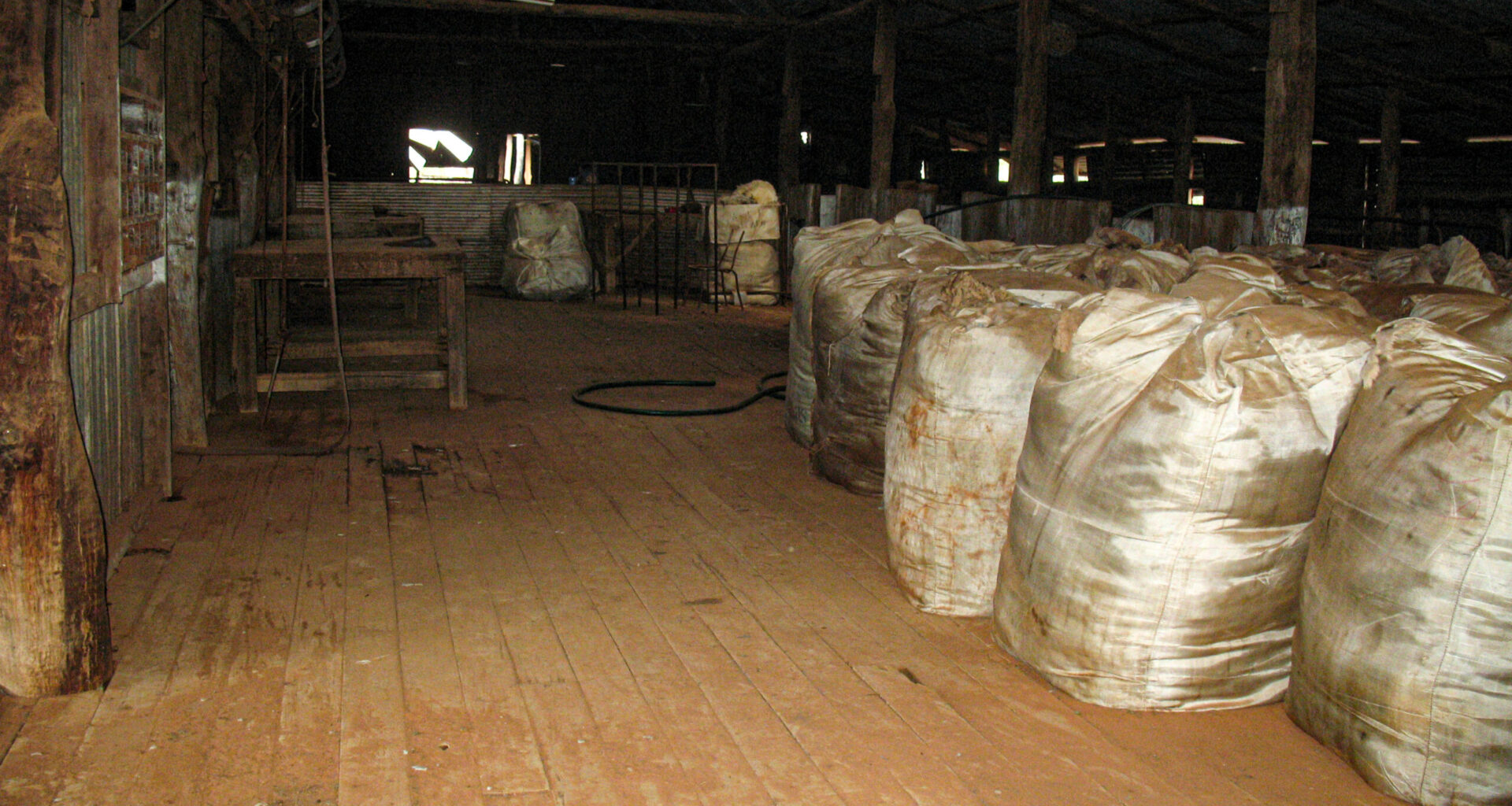In Sydney, fine wools led the retreat, with the 17 MPG down 58 ¢ to 2,025 ¢ and the 19 MPG easing 19 ¢ to 1,732 ¢, while the 28 MPG held firm at 645 ¢. Melbourne followed a similar pattern, with the 17 MPG falling 76 ¢ to 2,013 ¢ and the 19 MPG dropping 46 ¢ to 1,725 ¢, while the 30 MPG eased 7 ¢ to 573 ¢. Cardings softened to 818 ¢ in the north and 746 ¢ in the south.
Out west, Fremantle mirrored the eastern centres. The 18 MPG slipped 45 ¢ to 1,875 ¢ and the 19 MPG lost 24 ¢ to 1,736 ¢. Crossbreds again proved more resilient, with the 28 MPG slipping 20 ¢ to 650 ¢ and the 30 MPG easing 7 ¢ to 573 ¢.
On an interesting note, AWEX this week launched the “Step-Up Bonus,” offering a $5 per bale rebate for wool sold under the Sustainawool or Responsiwool (AWSS) program. The initiative aims to boost grower participation in certified sustainability schemes. While modest in value, it comes as the Australian dollar trades around US 65 ¢ and 56 ¢ against the euro, levels that enhance export competitiveness. Stronger sustainability credentials, coupled with a weaker currency, could help bolster demand from European and premium apparel markets seeking ethically sourced fibre.
This week in Mecardo, Andrew Woods looked at the fine merino premiums (see article here). He showed that 14.5–18.5 micron categories remain below their 15-year medians in real terms, while broader 20–21 micron wools sit closer to long-term averages. The narrowing premium between 16 and 18 micron types reflects a more selective luxury apparel market, where superfine, well-prepared clips continue to attract strong demand, but general fine merino categories remain under pressure.

